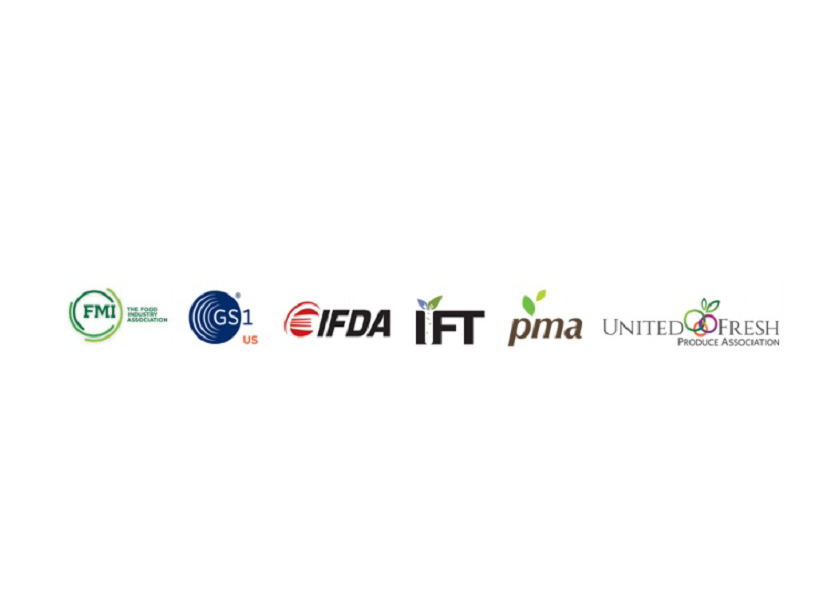Leafy green pilots reveal value of sharing extended product information

Investigations into foodborne illness outbreaks could be streamlined and conducted more effectively when supply chain partners provide extended product information during tracebacks.
That is one major conclusion in a report from six industry organizations describing four months of leafy green traceability pilots with supply chain partners. The pilots included growers, distributors and both independent and chain retailers. The report offers a detailed response to the request by the Food and Drug Administration for improved traceability in the food system, according to a news release.
The three pilots were conducted from July through October, according to the release, and also revealed that the use of a standard template called the Produce Traceback Template to exchange pertinent product information was found to enhance the speed of tracing procedures.
All of the pilots were successful in tracing the source of the affected product, according to the release.
The six organizations involved with the pilot were:
- FMI-The Food Industry Association;
- GS1 US;
- The International Foodservice Distributors Association;
- The Institute of Food Technologists;
- Produce Marketing Association; and
- United Fresh Produce Association.
According to the release, the pilots tracked romaine lettuce through three separate supply chains, starting with actual consumer purchases made with loyalty cards or credit cards.
Small teams of industry experts mimicked the U.S. FDA’s role in conducting the traceback, according to the release, including determining the data to be requested and how to format the requests for such data.
Supply chain members, starting with the point-of-sale or point-of-service, used the template to provide key data elements that allowed an item to be traced back to its source. The expert groups conducting the traceback analyzed the information provided by each supply chain node to determine next steps, according to the release.
Each of the three pilots involved a single retailer and their supply chain for a specific romaine-containing product, Jennifer McEntire, senior vice president of food safety and technology of the United Fresh Produce Association, said in an e-mail.
“The pilots showed the value of communication and collaboration- starting with the context that accompanies requests for data, which enable supply chain members to truly understand the objective of the record request,” McEntire said in the e-mail. “Even when companies didn’t have all of the key data elements identified in the traceback template, because they understood what the pilot teams were really after, they were able to use other business information to drive the pilot teams toward the ultimate objective of identifying the origin of the purchased product.”
When asked if the pilots showed any traceability “weak links” in the supply chain, McEntire said a larger study would need to be done to identify if one point in the supply chain was more difficult than another.
“The pilots showed that each point had, or was able to gather, the information to successfully trace products back,” she said.
Next steps
Although the participants stated they would adopt the template in the future, the pilots revealed opportunities to refine the template and highlighted the need for a greater focus on education, according to the release.
The release said the pilot report provides guidance on a path forward for future use of the template including additional industry training and modifications to maximize effectiveness and increase ease of use.
The data that enabled each of the teams to independently and successfully identify the finished product lot purchased by the consumer is not currently captured by the template, according to the release.
These data included business intelligence such as sales data, stock rotation, inventory controls and delivery schedules, which the release said were critical in bracketing the scope of the traceback.
“It was good test drive for the template,” said Ed Treacy, vice president of supply chain and sustainability for the Produce Marketing Association, “The template works, but it could be improved upon and we’re going to be undertaking that.”
“As outlined in the New Era of Smarter Food Safety Blueprint, pilots like these are necessary to determine what is needed for traceability to further scale, such as testing interoperability and public and private data sharing,” Bryan Hitchcock, executive director of IFT’s Global Food Traceability Center, said in the release on behalf of the six organizations. “The pilots provided valuable insights that will inform future outbreak response and recall protocols, helping industry to work together to support the FDA’s focus on tech-enabled traceability.”
For more information on the pilots, please visit https://ift.org/leafygreens.







